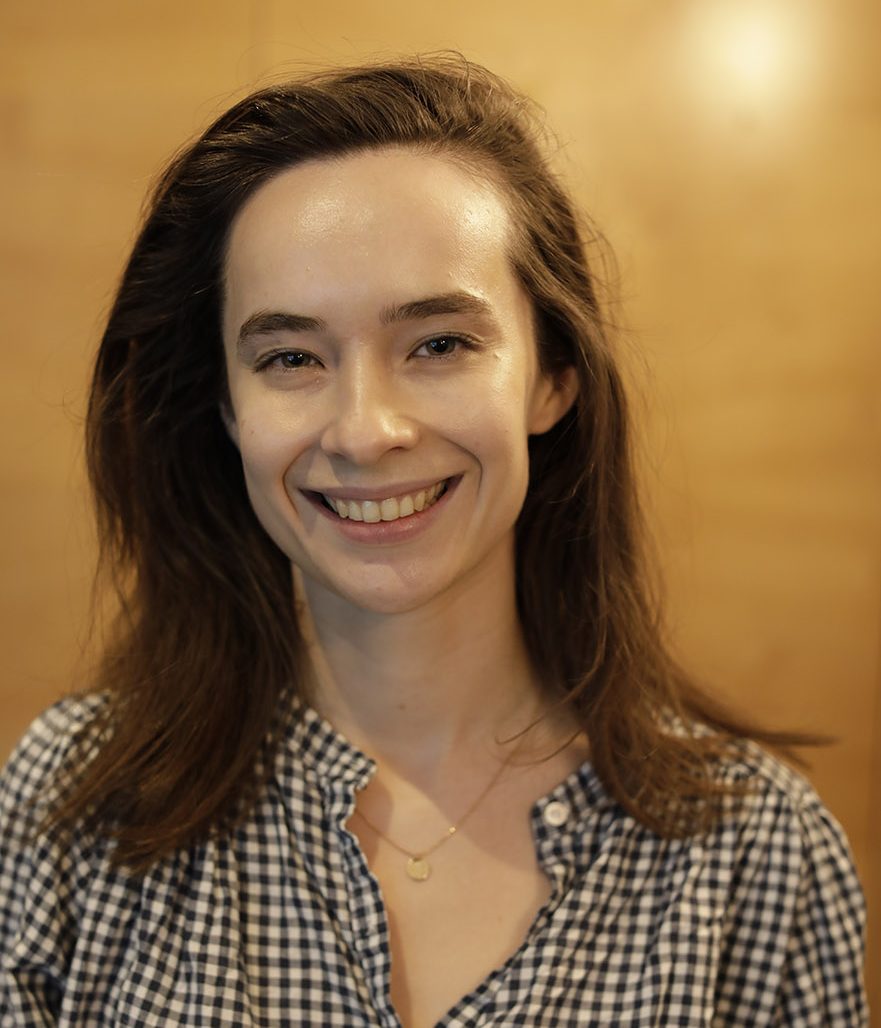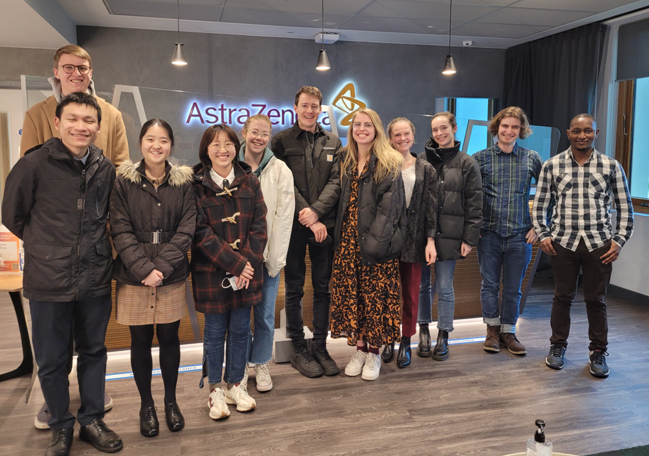Now in her second year, Eloise is already contributing to two research papers being produced in The Computational Cancer research group which she is a member of at UCL.
Her PhD project is focused on developing graph and deep-learning based methods to model the epithelial-to-mesenchymal transition in cancer.
She hopes the work will yield lasting clinical benefits.
Having a foundation year in which to learn more about health data science brought a whole range of advantages for Eloise.
She says: “What was really good was that we had immersion weeks where we were exposed to different types of health data, different universities and academics. We really were able to experience different parts of the health data research and the spectrum of projects we could do.
“And we had the time freedom and flexibility to shape our own PhD project. By the time we had to choose our PhD project we really knew where our interests lay, as opposed to choosing blindly. On other programmes you have to decide a lot earlier on.”
Eloise also valued the guidance offered by the HDRUK-Turing Wellcome PhD programme team – and the expert advice available from its Director Chris Yau.
Even though COVID-19 meant the first year was online the students, based in different parts of the country and hosted by seven universities, got to know each other and fostered a sense of community and collaboration.
They are also being encouraged to get the broadest experience they can during the four-year programme, so this summer Eloise has an internship with Benevolent AI in London.
She says: “I was really inspired to do this internship because we did a immersion week at AstraZeneca and they mentioned this company and have links to it. So I think the programme really helped in getting the internship.
“It is something I’m quite excited about. It’ll be useful comparing the different aspects of research, but in an industry setting.”
Eloise’s background
Eloise followed up an undergraduate degree in biochemistry and bio engineering at Imperial College London followed by a Master’s in Computing Science.
She spent time working in healthcare and found herself increasingly drawn to the data science aspects of her job, and it was this that inspired her to apply for the PhD programme.
She has previously been involved in a group project making use of electronic health records (EHRs) and survival models for COVID-19. Additionally, she has been involved in a project combining gene expression data with convolutional neural networks to predict breast cancer combinatorial therapies.


